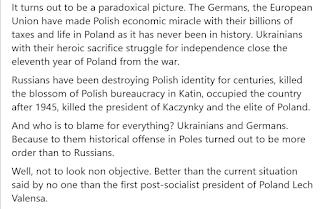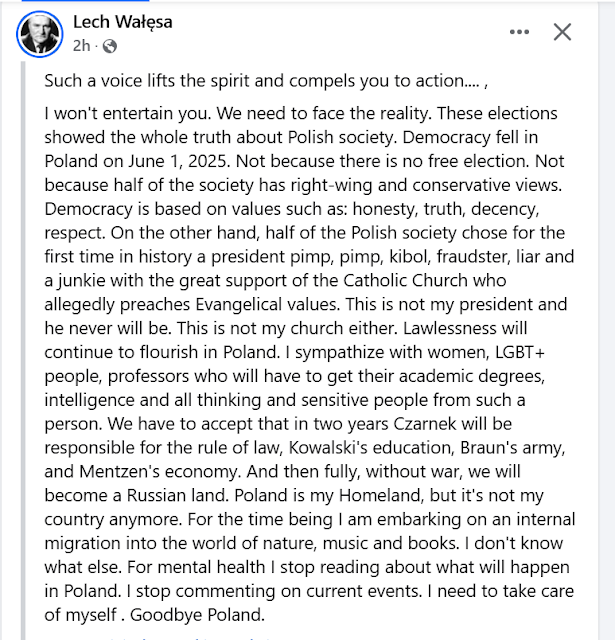Materialists
2025
What does a new
film tell us about relationships?
Materialists
is a 2025 romantic
comedy. It was written and directed by Celine Song. Chris Evans (Captain
America), Dakota Johnson (Fifty Shades of Grey), and Pedro Pascal (The
Last of Us) are the film's A-list stars. Materialists was released
on June 13, 2025. The film enjoys an 81% positive score from
professional reviewers at review aggregator site Rotten Tomatoes.
Amateur reviews are less enthusiastic; they average an only 67% positive
score. Materialists has made $35,848,149
against its production budget of $20 million. The film is a "surprise
box office success" for its relatively new, small, and edgy
distributor, A24 Films.
I loved Materialists.
I loved the warm glow of the 35 mm film stock. I loved the gorgeous cast. I
loved the few laugh-out-loud funny scenes – I have lived in that same apartment
and had those same roommates. I loved the film's attempt to engage big ideas.
But the movie isn't for everybody.
Materialists has received a great deal of attention from professional and amateur commentators. Materialists is not just a romantic comedy; it's an essay addressing real-life romance as well as the romantic comedy genre. That being the case, it's a good idea to talk a bit about the romantic comedy genre before talking about the film itself.








